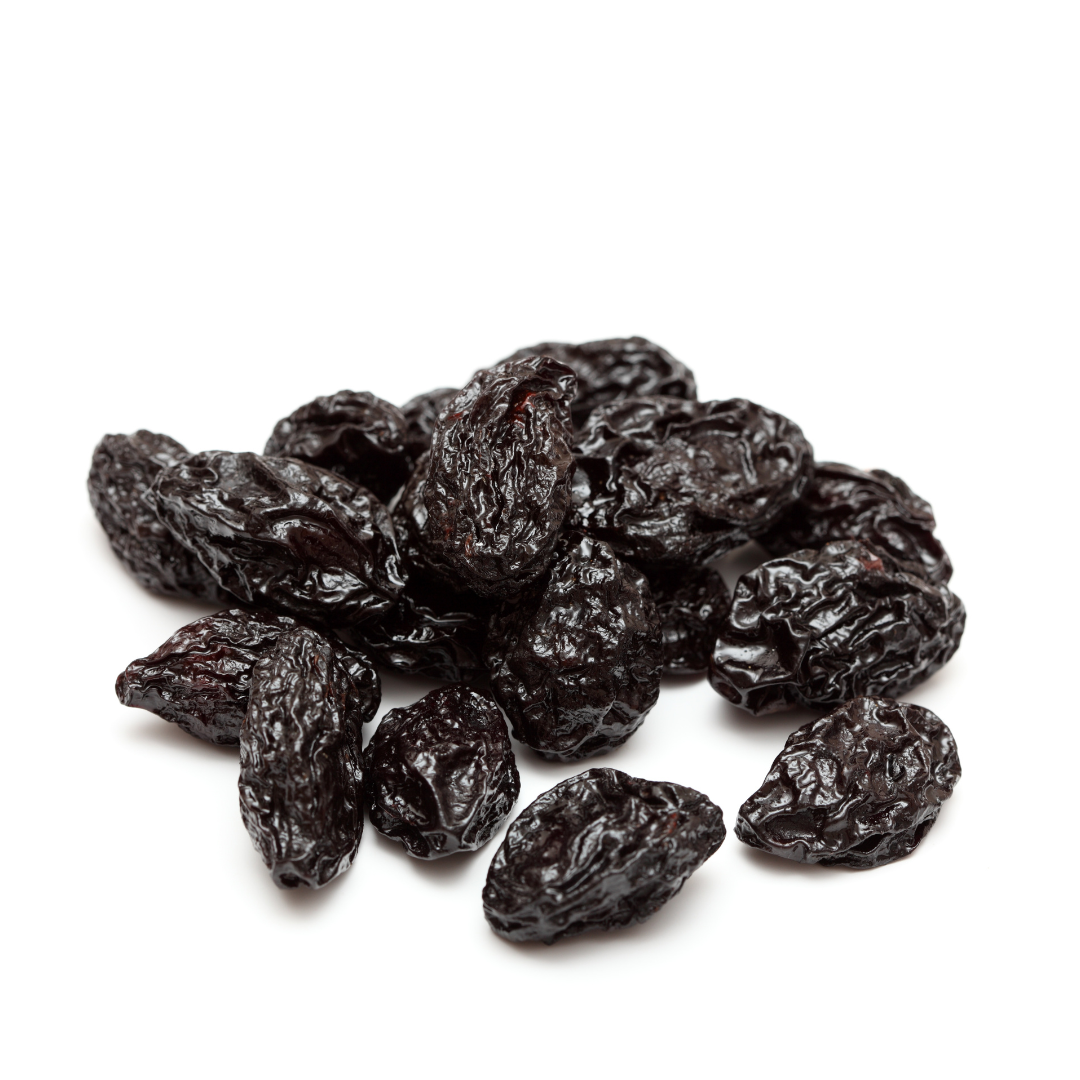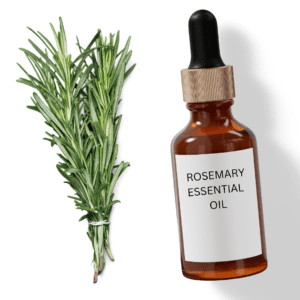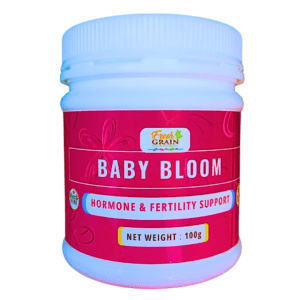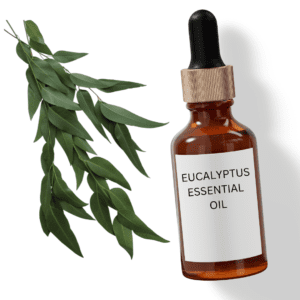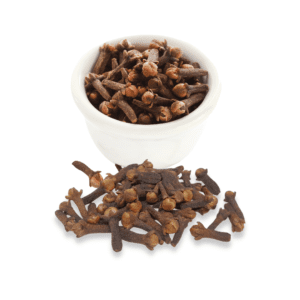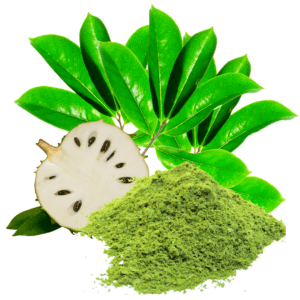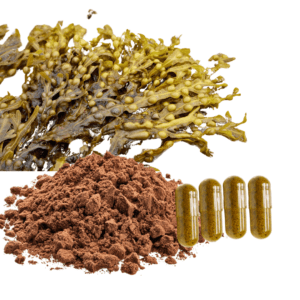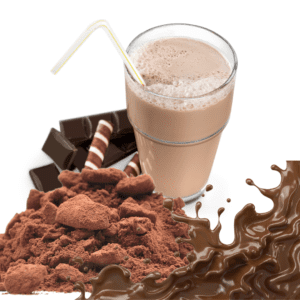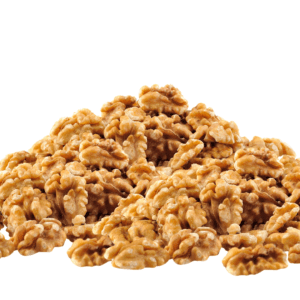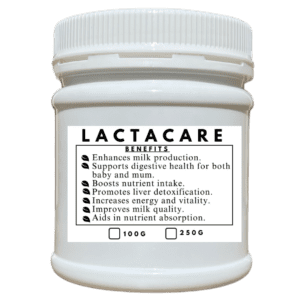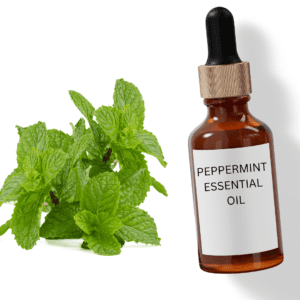Dried Prunes:
Description: Dried prunes, also known as dried plums, are prunes that have been dehydrated to remove most of their water content. They are naturally sweet with a chewy texture and are known for their potential health benefits. Prunes are often consumed as a snack or used in various culinary applications.
Nutritional Breakdown: Dried prunes are nutrient-dense and provide a range of essential nutrients:
- Calories: Moderate in calories, making them a satisfying and nutritious snack.
- Dietary Fiber: High in both soluble and insoluble fiber, promoting digestive health and regular bowel movements.
- Sorbitol: A natural sugar alcohol found in prunes that may have a mild laxative effect, aiding in constipation relief.
- Vitamins and Minerals: Rich in vitamin K, vitamin A, potassium, copper, and manganese.
- Antioxidants: Contain various antioxidants, such as phenolic compounds, that help combat oxidative stress.
Potential Benefits:
- Digestive Health:
- The high fiber content, including sorbitol, contributes to digestive health by preventing constipation and promoting regular bowel movements.
- Bone Health:
- Prunes contain vitamin K, which is essential for bone health and blood clotting.
- Heart Health:
- The potassium in prunes may help regulate blood pressure, supporting overall heart health.
- Antioxidant Properties:
- Antioxidants in prunes may help protect cells from oxidative damage.
- Blood Sugar Regulation:
- The fiber content may contribute to better blood sugar control.
How to Use Dried Prunes:
- Snacking:
- Enjoy dried prunes as a simple and satisfying snack.
- Baking and Cooking:
- Incorporate chopped prunes into baked goods, such as muffins, cookies, or energy bars.
- Cereal and Oatmeal Toppings:
- Add chopped prunes to cereal or oatmeal for natural sweetness and added fiber.
- Smoothies:
- Blend prunes into smoothies for a natural sweetener and a fiber boost.
- Stews and Tagines:
- Use prunes in savory dishes like stews or tagines to add sweetness and depth of flavor.
- Homemade Energy Bites:
- Create energy bites or bars by combining prunes with nuts, seeds, and other ingredients.
- Compotes and Sauces:
- Cook prunes into compotes or sauces for a flavorful accompaniment to meats or desserts.
Caution:
- Caloric Density: While nutritious, dried prunes can be calorie-dense. Consume them in moderation as part of a balanced diet.
- Sorbitol Sensitivity: Some individuals may be sensitive to sorbitol, and consuming too many prunes may cause digestive discomfort. Monitor your body’s response and adjust intake accordingly.
Including dried prunes in your diet can contribute to overall health, particularly in terms of digestive regularity and nutrient intake. As with any food, moderation is key, and individual responses may vary. If you have specific dietary concerns or conditions, consult with a healthcare professional or a registered dietitian for personalized advice.

